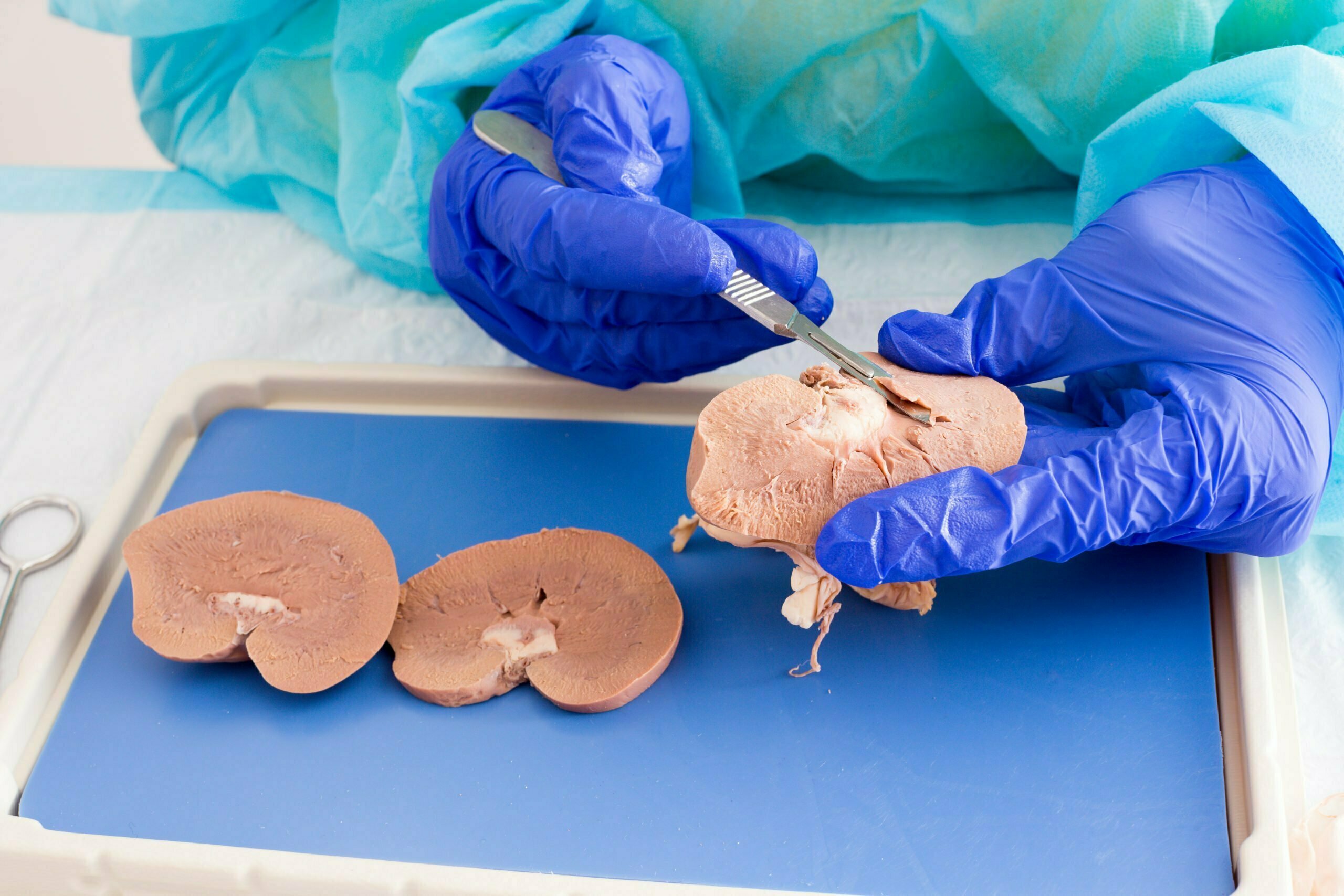Prior to trying to figure out what a histology technician is and what a histology technician does, it’s vital that you have a clear understanding in regards to the differences between histology technicians and histology technologists.
Lots of times, those words can both be interchangeable, and you can understand why because each carries out similar tasks. However, the main difference is that although both involve intense education and training, the histology technologists normally would go thru a much tougher path in their studies, which goes much deeper into the reasoning of why tissue is sliced and tested.
In This Article
What is a Histology Technician?
In contrast, the histologic technician (HT) normally is taught to slice the tissues knowing that the work they’re doing will be verified by the lab’s medical professionals (such as Pathologists), who are ultimately responsible for testing the results to find any abnormalities that may require further research. Histology Technologists normally supervise Histology technicians, and Pathologists supervise the histology technologists.
What is Histotechnology?
According to the National Society for Histotechnology (NSH) Histotechnology is a science centering on the microscopic detection of tissue abnormalities for disease diagnosis and the treatment of diseases. Histotechnologists use dyes, chemicals, and reagents to prepare surgical specimens for screening under a microscope by a pathologist.
Using various chemical reactions, histotechnologists are able to stain tissue in a way that allows the pathologist to tell the difference between various tissues and cell structures. These differences allow pathologists to then make a diagnosis and offer treatment options for patients.
What do Histology Technicians Do?
Histology technicians prep and work with plant tissue as well as animal tissue, which also includes human tissue. The tissues are preserved with a waxy substance and stored for further examination if needed in the future.
Histology tech duties are to slice the tissue sample tissue to form sections, and then remove any extra fluids from the piece. Once the pieces are dry the histology technician would then place the piece of dry tissue under a microscope that’s using a mounted slide. An instrument called a “microtome” is sometimes used when the tissue sample is a certain size, and the act of slicing becomes very important. These sections are sliced extremely small, and can only be read under a microscope.
Stain is then used on the sliced sections so that they are more visible when looking at the variation of the tissue. A specific type of coloring (dye) is utilized to stain the tissue. It’s the histologic tech’s job to make certain all test requirements are met, and this is done by carefully inspecting all samples to be sure that none of them have anything that may contaminate the final results.
Why is This Role Important?
Medical Research relies heavily on the testing of tissues and plays a very important part in healthcare. For this reason, the Histology technician could actually work in numerous organizations, which include clinic labs, research labs, medical facilities, vet offices, and some even work for law enforcement agencies doing forensic duties.
Histology Technician Salary
According to ZipRecruiter, as of Sep 2, 2021, the average hourly pay for a Histology Technician in the United States is $28.06 an hour. That’s equal to about $58,369 per year.
How to Become a Histology Technician
If you would like to become a histology technician you should prepare yourself for long hours, and also work strange shifts if you work in a hospital. The salary is well worth it, as histology techs are up there with some of the higher-paid specialists in the United States of those that work in the clinic’s lab.
You will need to have at least gone to a 12-month class and lab training if you’d like to be in the running for a histology technician job. The coursework includes many of the lab sciences such as immunology, chemistry, lab math, med ethics, and many others. Many would recommend that you do this in an associate’s program, but you would really give yourself a much better chance in the job market if you’d get your bachelor’s in Histology.
Sponsored Programs
Institute of Medical and Business Careers , Online
Location - Erie, PA, US 16506With over 20 years of successful growth, the Institute of Medical Careers is leading Pittsburgh’s industry in career training, the Erie campus was established to share this success. As a resp... Read More
ProgramsPractical Nursing (A.S.T.)


